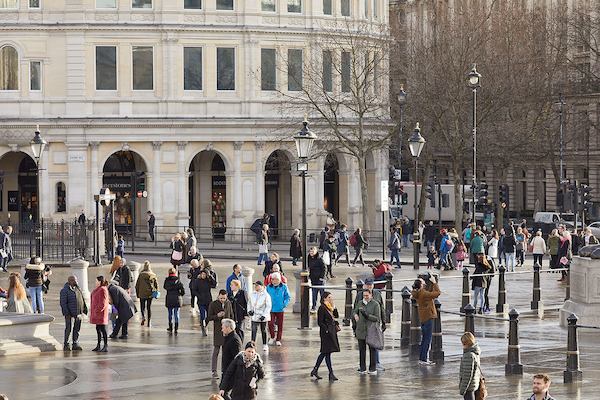Going out to people with a completely blank canvas gave us a much wider range of insights than could have been achieved without co-creation, particularly when coupled with Humanly’s fresh set of eyes on the employment support landscape.
This end-user-led approach involved understanding those users, challenging assumptions made in existing services, redefining problems and finally co-creating innovative solutions with older workers to prototype and test.
Through the co-creation experience, people aged over 50 identified the ingredients needed for good employment support which includes help in uncovering transferable skills, empathy for circumstances and a holistic view of the person’s life beyond their qualifications, education and training information in one place and the opportunity to try a job before applying.
The co-creation process then set about refining six initial service concepts down to four to be taken forward to the prototyping phase, before two preferred options were selected to be trialled in a pilot to be tested out next year.
Person-centred procurement - A reimagined version of the commissioning, procurement and contract management process that fosters local, person-centred support to help people in their journeys to meaningful activity.
Reach - A largely digital service, available to all people aged over 50 in Greater Manchester with 1:1 support tailored to each individual’s preferences, giving people the autonomy to choose how much support they need, and when and how they access this.
One thing that the process made clear, was that people were wary of accessing mainstream support and that they wanted some sense of autonomy over their journey. That’s why continuing to involve local services and those with lived experience throughout development, delivery and evaluation is crucial.
The design of the project meant we were on a journey into the unknown. Bringing together a range of partners together and committing to work on something without knowing what that end result would be was unique. Another virtue of the project was our commitment to reach those most at risk of missing out – those who do not want to engage with services or who feel like provision isn’t for them, either because it doesn’t fit with commitments in their personal lives or because they and others see their age as a barrier.
Now as we look to the next stage of the project and refining these concepts through piloting, the hope is that we can create a scalable blueprint for employment support for people in their 50s and 60s.
We hope that our project will inspire others to see the benefits of co-creation and how the ultimate beneficiary of a service is often best placed to identify the best design. We want to engage with commissioners to show them how services can be developed to better support this group in a sustainable way and support providers to ensure employment support is appealing and works for older jobseekers.


